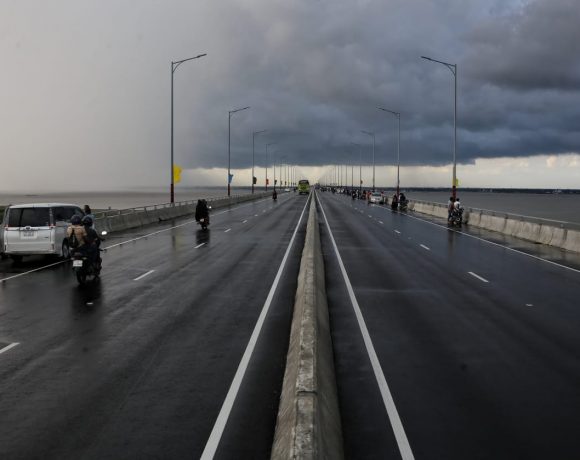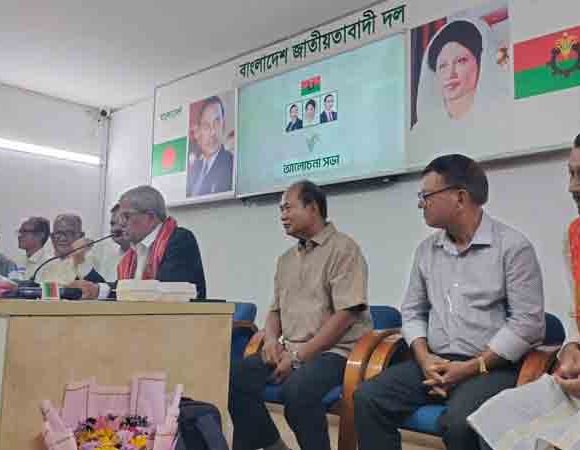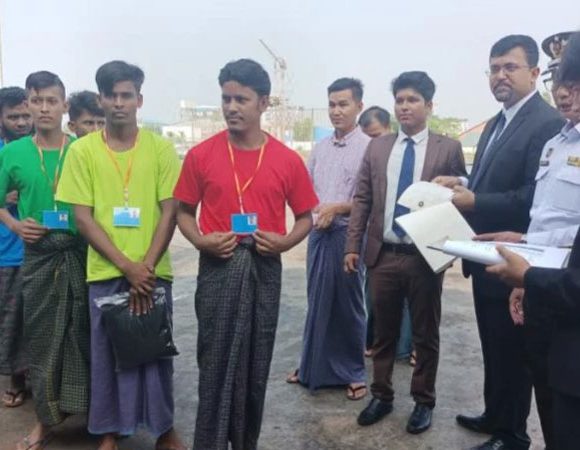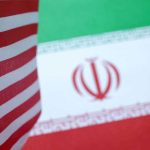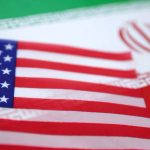US issues ‘Do Not Travel’ alert for Chittagong Hill Tracts

PARBATTA NEWS DESK
The United States has reissued its travel advisory for Bangladesh, strongly cautioning its citizens against visiting the Chittagong Hill Tracts (CHT), citing persistent risks of communal violence, crime, terrorism, and kidnapping.
The Level 4 “Do Not Travel” warning applies specifically to the districts of Khagrachhari, Rangamati, and Bandarban. The advisory, updated on April 18 following a periodic review, categorically states that no travel to these areas should be undertaken “for any reason.”
The U.S. Department of State highlighted the ongoing threats in the CHT, including instances of politically motivated violence, abductions—some linked to familial disputes or targeting religious minorities—as well as sporadic incidents involving improvised explosive devices (IEDs) and active shootings.
While the advisory notes that overall civil unrest in Bangladesh has largely subsided since the formation of the Interim Government in mid-2024, it warns that “conditions may change on short notice.” Outside of the capital, limited infrastructure and emergency response capabilities further hamper the U.S. government’s ability to provide consular support.
Travel to the CHT region requires prior approval from Bangladesh’s Ministry of Home Affairs. However, U.S. government employees are strictly prohibited from entering these areas.
Beyond the CHT, the U.S. also advises reconsidering travel to the rest of Bangladesh due to the broader risks of terrorism, crime, and civil unrest. Within Dhaka, government personnel are restricted to the diplomatic enclave unless on essential duty.
The advisory urges travelers to remain alert, avoid demonstrations, monitor local media, and refrain from resisting robbery attempts. It also recommends enrollment in the Smart Traveler Enrollment Program (STEP) for real-time alerts and easier access to assistance during emergencies.
For U.S. citizens currently in or planning travel to Bangladesh, the State Department advises preparing contingency plans, purchasing insurance covering evacuation and medical emergencies, and reviewing the Bangladesh Country Security Report.

